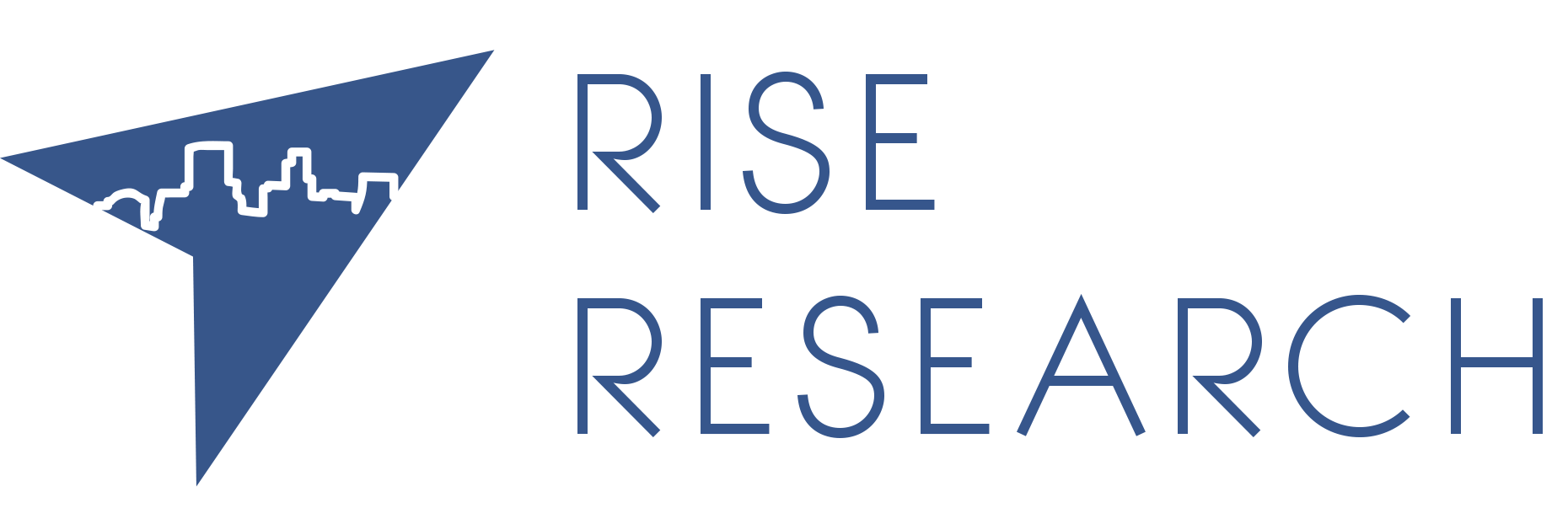|
Launching out on your own can seem daunting, particularly when you've spent the bulk of your career in one setting (in my case, academia). My last post was about why I decided to leave academia to start Rise. This post has tips for making that type of move.
In thinking through this post, I talked to many of my grad school peers who pursued non-academic jobs. Some ended up in government, some in industry, and a handful launched out on their own. While this post is perhaps most applicable to those thinking about leaving academia, the insights apply across professional transitions. First, some advice if you've decided to depart from your current professional path but don't know where to go:
If you're considering jobs outside of university settings, build skills that will apply in a variety of professional settings:
If you're thinking of launching out on your own:
Finally, once you're at the point of applying to new jobs or building your own professional network, my super smart cousin who went the industry route (to Indeed, no less) had some awesome practical advice: "I wish every grad program included a career planning course where students:
Full disclosure: it took me awhile to figure out that entrepreneurship was the way to go. Before starting Rise, I applied to a range of jobs in government, at think tanks - even some at university-based research centers. None of them had what I was looking for, but all of them helped me learn about other types of jobs -- eventually getting me to where I am now. Each year, I get contacted by grad students, post-docs, and asst. professors who want to learn more about my journey out of academia and into Rise Research. These are typically folks who are thinking about leaving academia -- finding it too restrictive or jobs too few and far between.
I thought I'd write up some of what I share in those conversations for others who are interested. As background, I trained and worked in a university setting for nearly 20 years prior to starting Rise. This post is about why I made the move. 1. I wanted to feel more of an impact with my work. If you're reading this, you probably find a lot of fulfillment in analyzing data and answering big questions. Me too! But there is a big gap between landing an article in a leading journal and feeling an impact outside of academia. The incentives of academia can make it difficult to achieve the latter, and that's what I wanted to do. 2. There was a need for my skills. Before launching out on my own, I did a lot of market research. What would I work on? Who would hire me? I learned that there are a lot of potential funders (public and philanthropic) in MN, a strong interest in understanding and improving social programs, and a robust network of public and nonprofit orgs that I could work with. I also talked to a number of local freelancers and consultants who were making it work. This convinced me that I could too. 3. I wanted to self-direct. This is why I chose entrepreneurship over a think tank or government job. As an entrepreneur, you choose the projects that you work on and the partners you work with. Only possible as your own boss. 4. I wanted to be flexible in my approach. The world feels like it is changing so rapidly and it is important to be able to quickly pivot to a new topic or way of working. Case in point -- our team was able to quickly develop and refine Rise Data Walks in response to increasing interest in engaging community members in research and evaluation projects. This would have been a lot harder to do at a big organization with an established set of products and operational practices. 5. Finally, I wanted to lean into my strengths. For so many years I felt like I had to turn off parts of myself in academia. I felt like I wasn't using skills in communication, relationship-building, and seeing outside the box. As an entrepreneur, you have the ability to craft your work in a way that builds on those things that make you who you are. This is an incredibly rewarding feeling. Does this sound familiar? Stay tuned for the next post, where I'll talk about different ways to make the move. As 2021 winds to a close, we have been doing some reflecting about our experiences and lessons learned this year. Even though making it through a second year of the pandemic is pretty much a win in itself, here are a few other things we've taken away from this year.
And that's a wrap on 2021 lessons! Looking forward to a new year of partnerships, learning, and change. |
Archives
January 2022
Categories
All
|

 RSS Feed
RSS Feed
